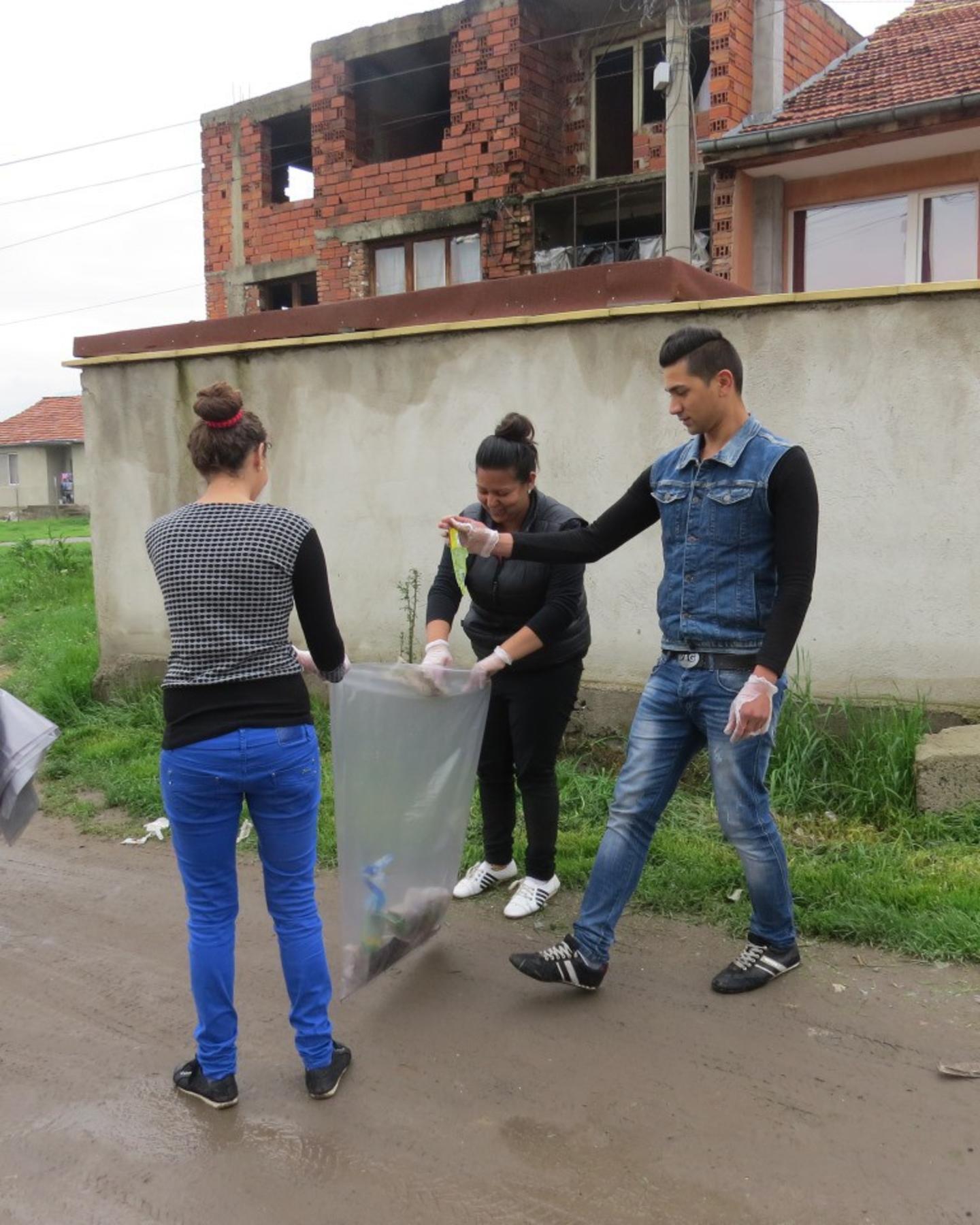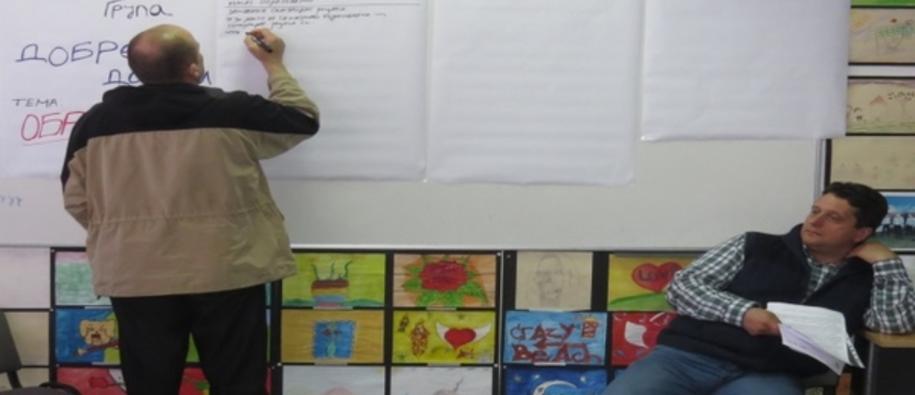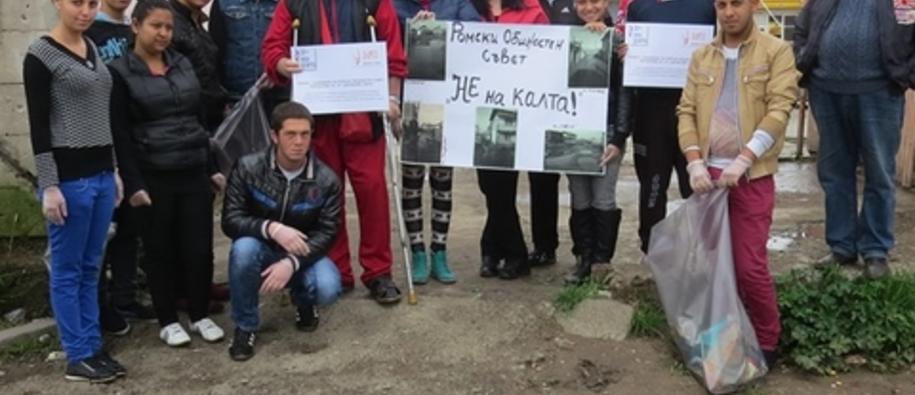Iztok is a predominantly Roma neighbourhood in the town of Kyustendil in the far west of Bulgaria. Many of its 9 000 residents face a daily struggle just to get by. The economic downturn has only made matters worse.
Kovachev explains: “Although Roma in Bulgaria are settled, most of them do not own land and have no regular work. In recent years, the Roma are increasingly marginalised, developing a trend to rally and retreat from the rest of society. The percentage of illiterate adults has doubled, and between 60-80% are long-term unemployed.”
The quarter’s population is a young one, with around 55% under the age of 25 and only 4.6% over 60 years of age – demographics which increase the risk of illiteracy, poverty and welfare dependency being passed on to younger generations.
With support from Iceland, Norway and Lichtenstein through the EEA Grants, LARGO’s ‘Establishment of a Roma community council in ‘Iztok’ quarter of the city of Kyustendil’ project aims to counter these developments by increasing self-mobilisation and empowerment among the Roma community, thereby contributing to increased social and economic cohesion.
Roma Community Council
One of the main activities as part of the project is the establishment of a Roma Community Council (RCC). This is an independent body which represents the interests of the community on local authority platforms. It has taken on various initiatives including advocacy campaigns, roundtables and conferences. The RCC consists of individuals from all main groups of the community, including business owners, women, the elderly, young people and religious representatives. All participants undergo training sessions to develop skills in advocacy, negotiation, teamwork and volunteer management, specifically designed to benefit them in their work.
“The creation of the Roma Community Council has significantly accelerated the empowerment of the local Roma community as the council members benefit from a high degree of trust and support in the neighbourhood,” says Kovachev.
Having a say
Additionally, four focus groups were set up to look at the main challenges facing the community. Over 50 people representing a range of interests took part and identified education, employment, health and infrastructure as the key issues. Kovachev notes this to be a valuable step in increasing local Roma empowerment.
“Taking part in the focus groups marked a significant step for many – for the first time someone asked them for their perspective,” he says.
Addressing issues through action
Based on the findings from the focus groups, a five year strategy for the RCC was developed and presented to local and regional institutions at a roundtable on 8 April – International Roma Day. Actions under the strategy include the advocacy campaign ‘Not on the mud – better conditions for a better life’ which has led to the restoration of three streets in the quarter with investment from the authorities in new lights and plumbing.
The RCC has likewise initiated a campaign to improve cooperation with local institutions with significant results. Cooperation with the Labour Bureau has led to new employment opportunities for unemployed young people in the neighbourhood. Negotiations have started with local schools on the appointment of assistant teachers of Roma origin. The project’s activities have attracted attention among local, regional and national media, further contributing to raising awareness of the challenges faced by Roma communities in Bulgaria.
About LARGO
Liberal Alternative for Roma Civil Unification (LARGO)is a non-profit organisation aimed at promoting the social inclusion of vulnerable groups of the Roma community. Founded in 2006, the organisation works to overcome problems in the social, health, and educational exclusion of disadvantaged Roma children, youth, women and the elderly.
About the project
The project receives €18 872 funding from Iceland, Lichtenstein and Norway through the NGO fund in Bulgaria.


